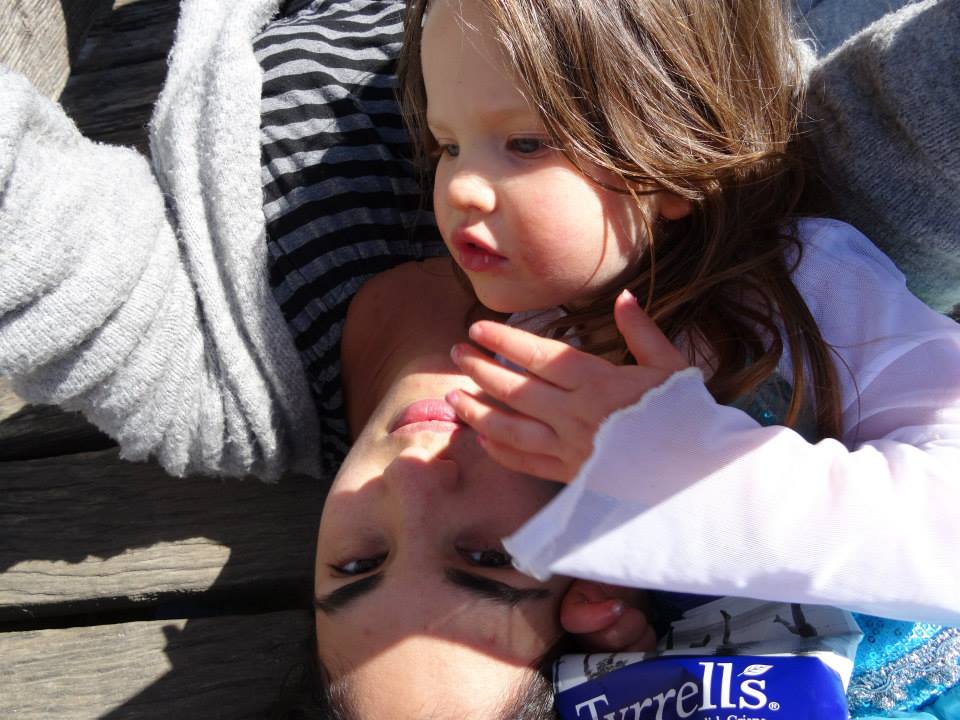Tag: conscious parenting
-

When our childhood trauma shows up in parenting
Click here to open pdf When my first child was born I was so ready for him and longing to meet him. My body however wanted to freak out and be taken care of so it generated a uterine infection that left me sweaty and comatose for the first 5 weeks of my son’s…
